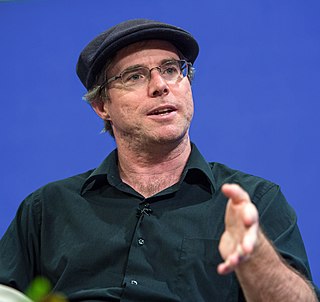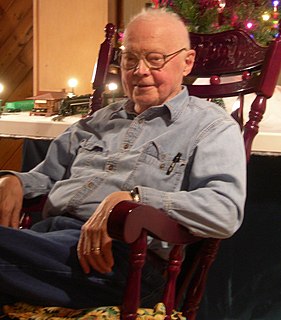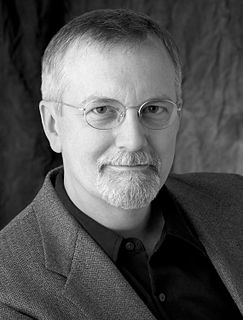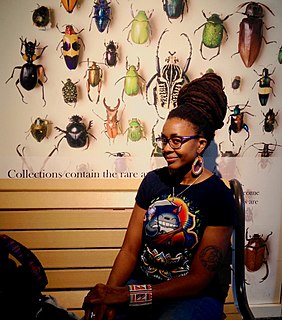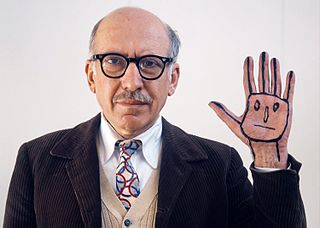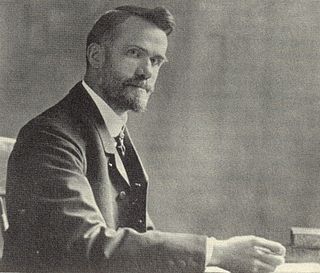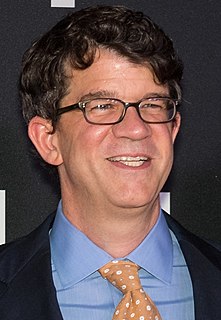Top 1200 Speculative Fiction Quotes & Sayings
Explore popular Speculative Fiction quotes.
Last updated on April 14, 2025.
There are many other writers whose work I admire tremendously, but none whose work struck me at just the right young age. Jack Vance taught me that speculative fiction, science fiction, could be wonderfully and liberatingly stylistic. It didn't have to be pulp stuff. He really changed my writing and my view of science fiction, so if nothing else, my little homage to him in the novelette I wrote for that anthology is my thank-you to him. He helped me see that any genre can have excellent writing in it.
Creative non-fiction is such a liberating genre because it allows the non-fiction writer, whether he or she be journalist or essayist, to use all of the techniques of the fiction writer and all of the ideas, creative approaches, that fiction writers get a chance to use, but they have to use it in a true story.
Scottish operative lodges began in the seventeenth century to admit non-operative members as accepted or gentleman masons and that by the early eighteenth century in some lodges the accepted or gentleman masons had gained the ascendancy: those lodges became, in turn speculative lodges, whilst others continued their purely operative nature. The speculative lodges eventually combined to form the Grand Lodge of Scotland in 1736.
Science fiction - and the correct shortcut is 'sf' - uses actual scientific facts or theories for the source ideas or framework of the story. It has some scientific content, however speculative. If it breaks a law of physics, it knows it's doing so and follows up the consequences. If it invents a society of aliens, it does so with some respect for and knowledge of the social sciences and what you might call social probabilities. And some of it is literarily self-aware enough to treat its metaphors as metaphors.
For me, fantasy and speculative science fiction are the genres that feel closest to how I feel about being alive. Like, when I feel the most invigorated by just even a walk down the block in twilight, when the street lamps are just coming on and there's mist and some shadowy thing in silhouette in a window, I naturally invest all of those things with deep mythology and mystery and meaning. I think I need to believe in that version of reality because I get very scared when I don't.
Writing fiction is not a profession that leaves one well-disposed toward reading fiction. One starts out loving books and stories, and then one becomes jaded and increasingly hard to please. I read less and less fiction these days, finding the buzz and the joy I used to get from fiction in ever stranger works of non-fiction, or poetry.
I've always believed that a speculative bubble need not lead to a recession, as long as interest rates are cut quickly enough to stimulate alternative investments. But I had to face the fact that speculative bubbles usually are followed by recessions. My excuse has been that this was because the policy makers moved too slowly - that central banks were typically too slow to cut interest rates in the face of a burst bubble, giving the downturn time to build up a lot of momentum.
I would say that most of my books are contemporary realistic fiction... a couple, maybe three, fall into the 'historic fiction' category. Science fiction is not a favorite genre of mine, though I have greatly enjoyed some of the work of Ursula LeGuin. I haven't read much science fiction so I don't know other sci-fi authors.
Science fiction is a weird category, because it's the only area of fiction I can think of where the story is not of primary importance. Science fiction tends to be more about the science, or the invention of the fantasy world, or the political allegory. When I left science fiction, I said "They're more interested in planets, and I'm interested in people."
We've been surrounded by images of space our whole lives, from the speculative images of science fiction to the inspirational visions of artists to the increasingly beautiful pictures made possible by complex technologies. But whilst we have an overwhelmingly vivid visual understanding of space, we have no sense of what space sounds like.
The best thing about writing speculative fiction is the opportunity to satirize the whole wide world. The America in 'A Better World' isn't ours, but it's pretty close, so I could lampoon everything from partisan politics to the cult of celebrity to our general disaffection. To me, all that is the point.















